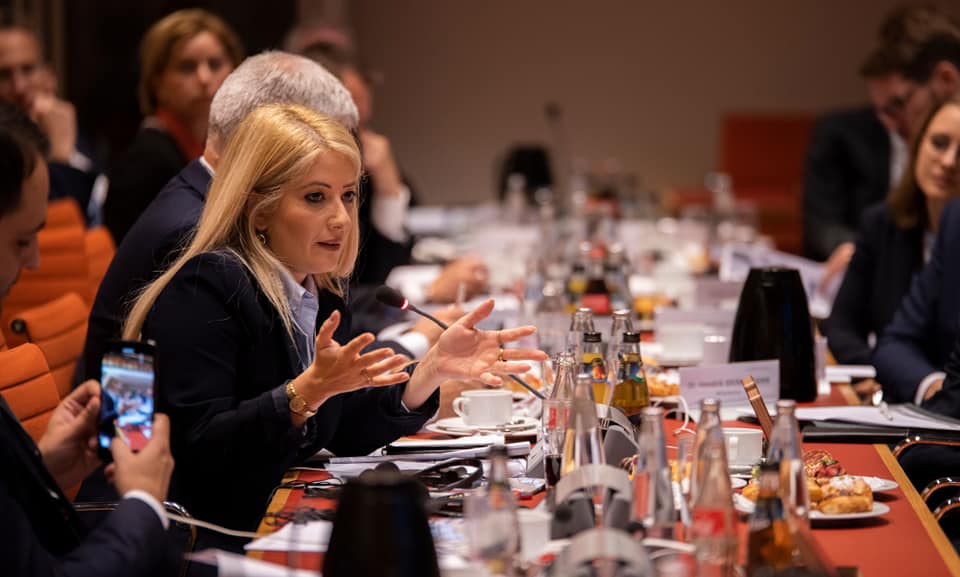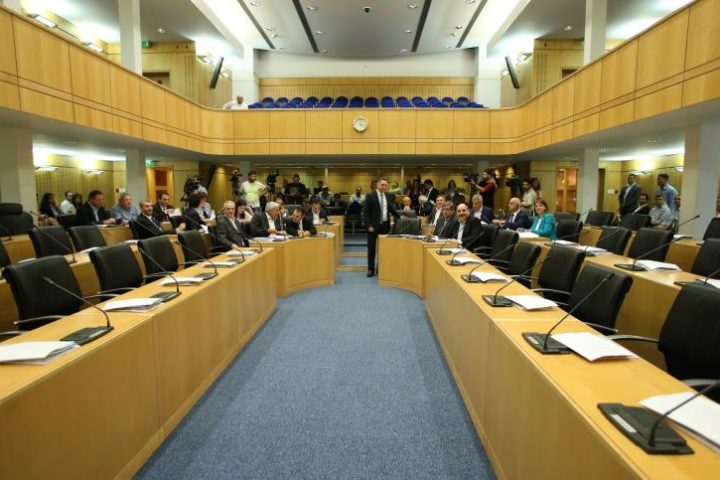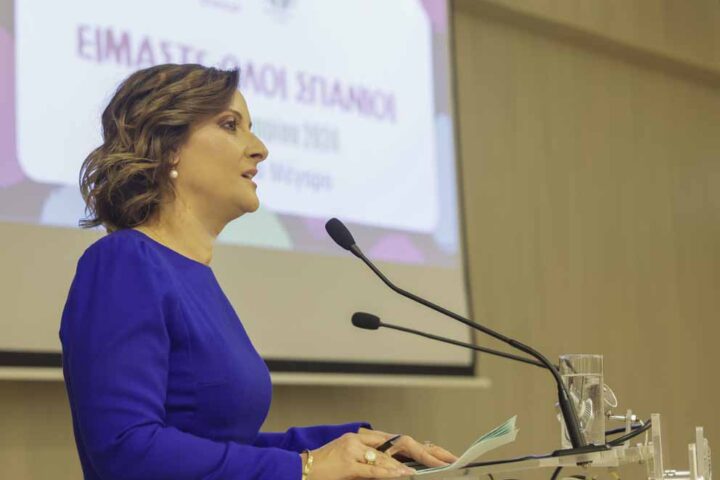Every 8th March, the demand for gender equality is in the spotlight of public opinion. On this occasion, the undersigned female Speakers of the European parliaments want to join the voices that call for full equality between men and women, because gender equality is one of the basic consensuses of our democracies and, at the same time, a hallmark of Europe as political project.
In 1979 Simone Veil was elected first female Speaker of the European Parliament. Since then, European women have made significant progress in sharing political power. The number of women both in parliaments and governments has increased. A female Speaker of a parliamentary assembly is no longer exceptional, as it may have been the case in 1979. But there is still way to go, as the index drafted by the European Institute for Gender Equality warns us: on a scale of 100, indicating the latter full equality in the exercise of political power, the average in the European Union countries is 60,2.
When Mary Wollstonecraft said “I declare against all power on prejudices, however ancient” she was pointing at the root of the discrimination historically suffered by women, which they continue to suffer today despite all efforts. Gender discrimination has a structural nature, since it is rooted in centuries-old sexist patterns and models that have determined the inferiority of women’s social position. Traditionally, women have endured multiple forms of exclusion and borne unequal burdens rooted in social rules, organizations, and decisions.
To reverse all these obstacles to women’s free development and full involvement in all spheres of society, we need to combine forces, our national parliaments and the European union, to overcome them.
Fighting for freedom
An equal society is a fair society. Because fighting for gender equality is fighting for freedom. For women’s freedom to live their lives fully, with independence, security, dignity, and self-esteem. Combatting gender violence in any of its forms must be a priority for all.
An equal society is a prosperous society. Bridging the gender gap improves human capital and productivity. In the 21st century, our knowledge and innovation-based economies cannot do without the talent and creativity of women. For that reason, equality is, and must be, one of the economic drivers of our time.
In her inaugural speech before the European Parliament, Simone Veil identified peace, freedom, and prosperity as challenges for the Union, and to meet them she called for a Europe of solidarity, independence (particularly as regards energy) and cooperation. And to a large extent that roadmap is today more topical than ever faced to the challenges posed by the war unleashed by Russia.
Unity in the response to this aggression is the best defense of our values as Europeans. Values that foster the courage of Ukrainian women and girls. We defend our identity as a Union of peace, freedom, and prosperity. But today we must also affirm that there is no Europe without equality. That European men and women aspire to build our democracies with equal rights and equal opportunities, with full involvement in all spheres of the social, political, and economic power and with the vision of a fairer future for all.
Signed by:
Meritxell BATET -President Congress of Deputies- Spain
Stephanie D´HOSE – President Senate- Belgium
Eliane TILLIEUX – President House of Representatives – Belgium
Annita DEMETRIOU – President House of Representatives – Cyprus
Viktorija ČMILYTĖ-NIELSEN – President Seimas – Lithuania
Alina-Ştefania GORGHIU – Vice President and Interim President of Senate- Romania
Urška KLAKOČAR ZUPANČIČ – President National Assembly – Slovenia
Markéta PEKAROVÁ ADAMOVÁ – President House of Representatives- Czech Republic










